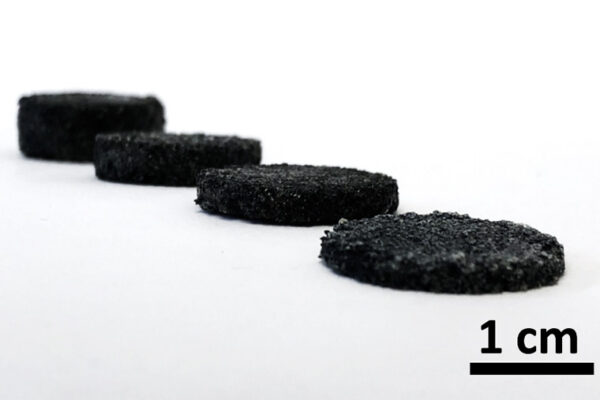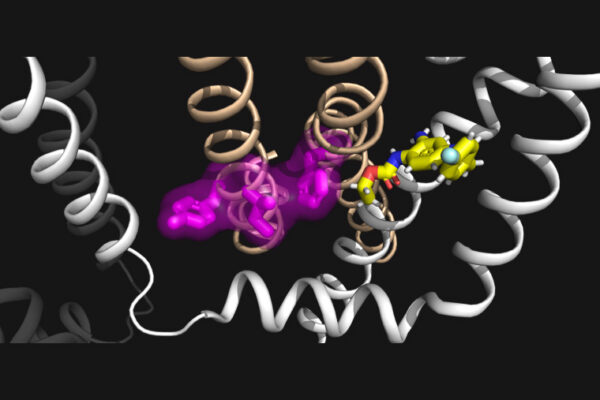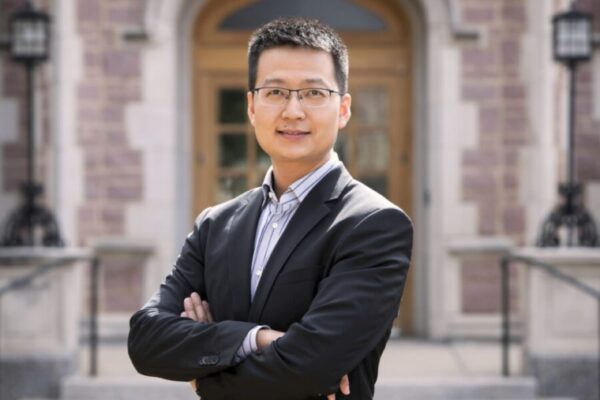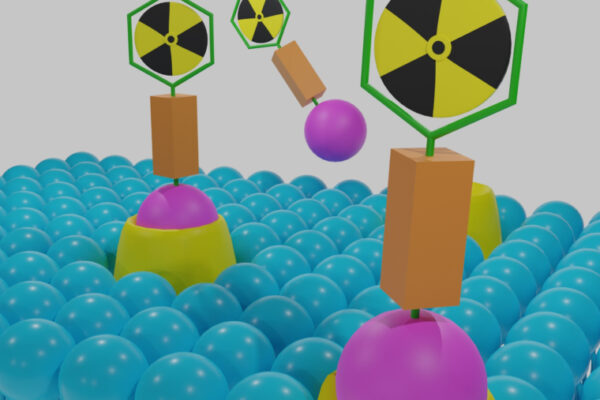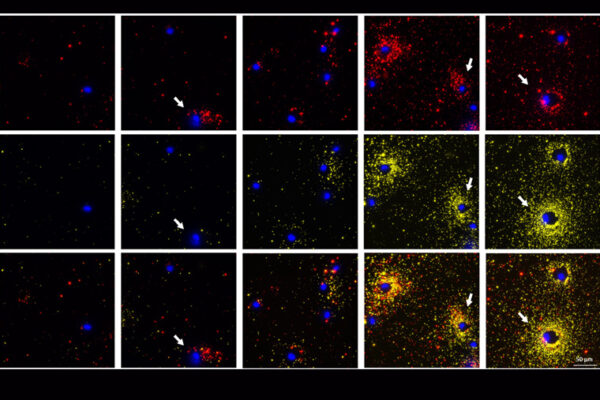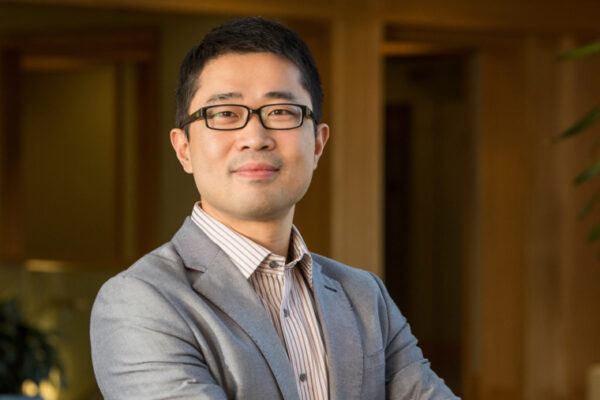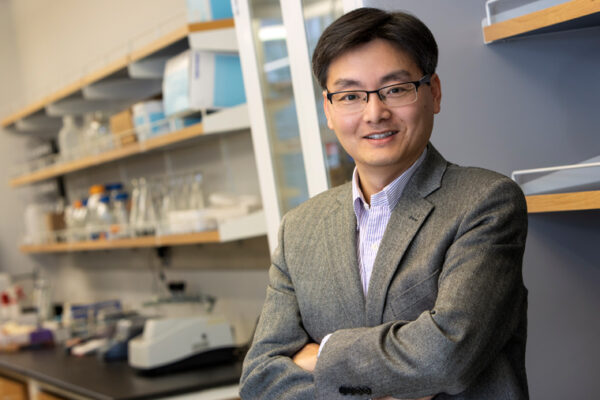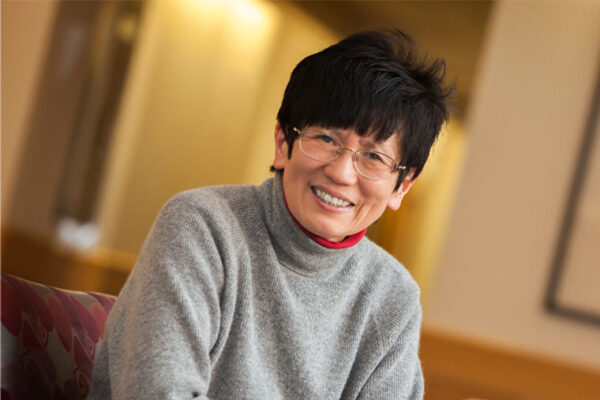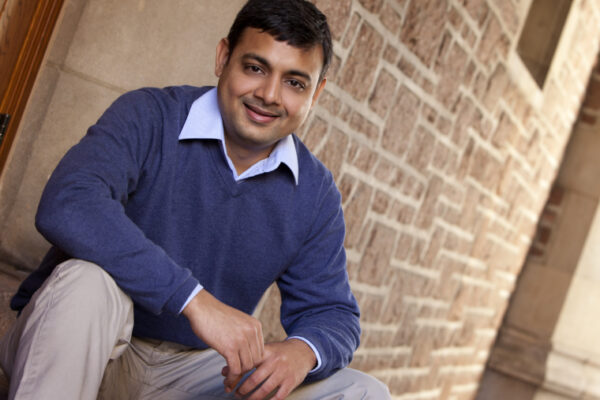Spongy electrodes designed for better births
Spongy electrodes developed in the lab of Chuan Wang at the McKelvey School of Engineering will help map the uterus to better understand preterm birth.
By design: from waste to next-gen carbon fiber
Joshua Yuan at the McKelvey School of Engineering and collaborators have cracked a chemical code that will take carbon fiber to the next level.
Study reveals novel mechanism behind epilepsy, drug modulation
Researchers in Jianmin Cui’s lab at the McKelvey School of Engineering have looked at drug interactions and mechanisms behind a group of proteins to potentially develop a new strategy to treat epilepsy.
Safer lithium-based batteries focus of new study
Peng Bai at the McKelvey School of Engineering has received a $355,630 grant from the National Science Foundation to study safer batteries.
New imaging-based approach to measure radiation dose
Abhinav Jha and his collaborators have developed a way to measure the distribution of dangerous radiation associated with cancer treatments.
‘Simple yet powerful’: Seeing cell secretion like never before
An interdisciplinary team led by the lab of Srikanth Singamaneni has developed a new way to better visualize the proteins secreted by cells.
Wang receives funding for preterm birth research
The National Institutes of Health (NIH) has awarded a five-year $1.67 million grant to Chuan Wang, assistant professor at the McKelvey School of Engineering, for research on preterm birth. Wang and an interdisciplinary team will develop soft sensors with stretchable electrodes to generate 3D maps of the uterine surface and better understand contractions.
He named Water Environment Federation fellow
The Water Environment Federation has named Zhen “Jason” He a 2022 fellow.
Pairing imaging, AI may improve colon cancer screening, diagnosis
A new technological pairing from the lab of Quing Zhu at the McKelvey School of Engineering may lead to an improved diagnostic tool for colorectal cancer.
Cell memory’s role in migration to new tissues explored
A grant from the National Science Foundation will allow Amit Pathak to take a closer look at how certain cells use priming and memory to respond to new tissues.
View More Stories
